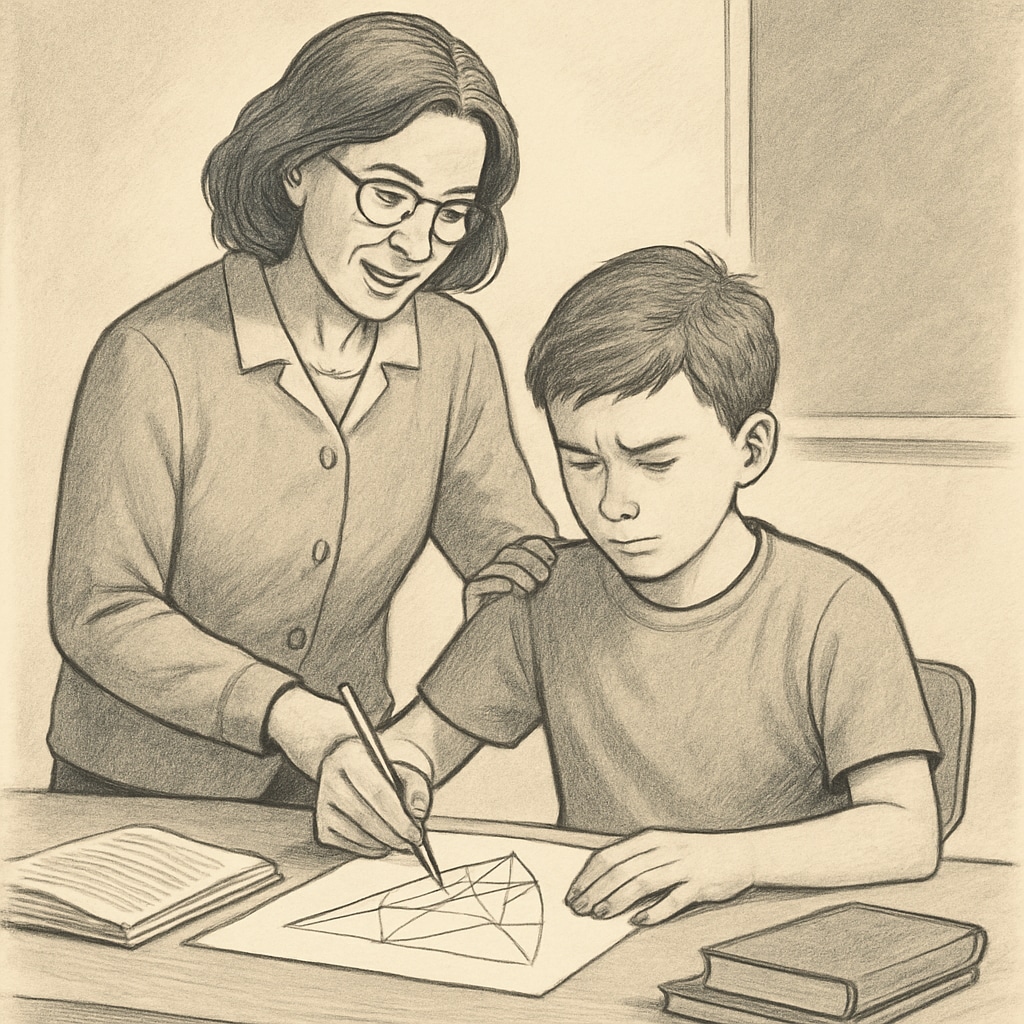The ethical dilemma of balancing “strictness and care in education” is vividly portrayed in the movie Whiplash. This compelling film tells the story of a young jazz drummer, Andrew, who endures relentless pressure from his mentor, Terence Fletcher, to achieve musical greatness. Fletcher’s extreme teaching methods spark debates on the role of strict discipline versus empathetic care in achieving excellence. For K12 educators, this raises a critical question: can extreme pressure truly cultivate success, or does it risk undermining emotional well-being?
As education evolves, particularly in the K12 sector, educators and policymakers are increasingly challenged to strike a balance between demanding high standards and fostering a supportive environment. This article delves into the ethical implications of extreme teaching methods and explores how educators can find the “golden mean” between rigor and compassion.
The Ethical Dilemma of Extreme Educational Methods
In Whiplash, Fletcher’s teaching philosophy centers on the idea that greatness stems from relentless discipline and unyielding expectations. His methods often involve verbal abuse, public humiliation, and extreme pressure. While Andrew achieves remarkable technical skills under this regimen, the toll on his mental health and personal relationships is significant.
Such teaching practices prompt important ethical questions for K12 education. Is it justifiable to employ extreme methods to push students to their limits? Are the results worth the potential emotional damage? Research in educational psychology suggests that while high expectations can drive performance, excessive stress can lead to burnout, anxiety, and diminished long-term motivation.

For example, a study by the American Psychological Association found that overly strict teaching without corresponding emotional support can negatively impact students’ self-esteem and overall well-being (APA report on teaching methods).
Balancing High Standards with Human Compassion
While the pursuit of excellence often requires discipline, educators must also recognize the importance of care. In K12 settings, students are not only developing academic skills but also forming their emotional and social identities. A supportive environment fosters resilience, creativity, and a lifelong love of learning.
Here are some strategies educators can use to balance strictness with care:
- Set clear expectations: Students thrive when they understand what is expected of them, but these expectations should be realistic and achievable.
- Provide constructive feedback: Instead of harsh criticism, offer feedback that emphasizes growth and improvement.
- Foster open communication: Encourage students to express their concerns and struggles, creating a trusting classroom environment.
- Prioritize mental health: Recognize the signs of stress and offer resources or support when needed.
By integrating these practices, educators can maintain high academic standards without compromising the emotional well-being of their students.

Lessons from “Whiplash” for K12 Education
The narrative of Whiplash offers valuable insights for K12 educators. While Fletcher’s methods produce short-term results, they also demonstrate the risks of an unbalanced approach. A more sustainable model of excellence combines rigor with empathy, ensuring both performance and personal growth.
For instance, the concept of “authoritative teaching”—a balanced approach that combines high expectations with emotional support—has been shown to produce better outcomes. According to a report by the Encyclopedia Britannica, students under authoritative educators tend to perform well academically while also developing strong interpersonal skills.
Ultimately, educators should aim to inspire students rather than intimidate them. By finding the right balance between strictness and care, teachers can cultivate not just academic achievers but also well-rounded, resilient individuals.
Conclusion: Redefining Excellence in Education
The ethical tension between “strictness and care in education” is a timeless challenge. Whiplash serves as a stark reminder of the consequences of leaning too far toward extreme discipline. In K12 education, the pursuit of excellence should not come at the expense of students’ mental health or emotional well-being.
By adopting a balanced approach, educators can uphold high standards while also nurturing the humanity of their students. The ultimate goal of education should be to prepare individuals not only for success but also for a fulfilling and meaningful life.
Readability guidance: Short paragraphs and structured lists enhance clarity; external links provide credibility; overuse of passive voice and long sentences is avoided.


